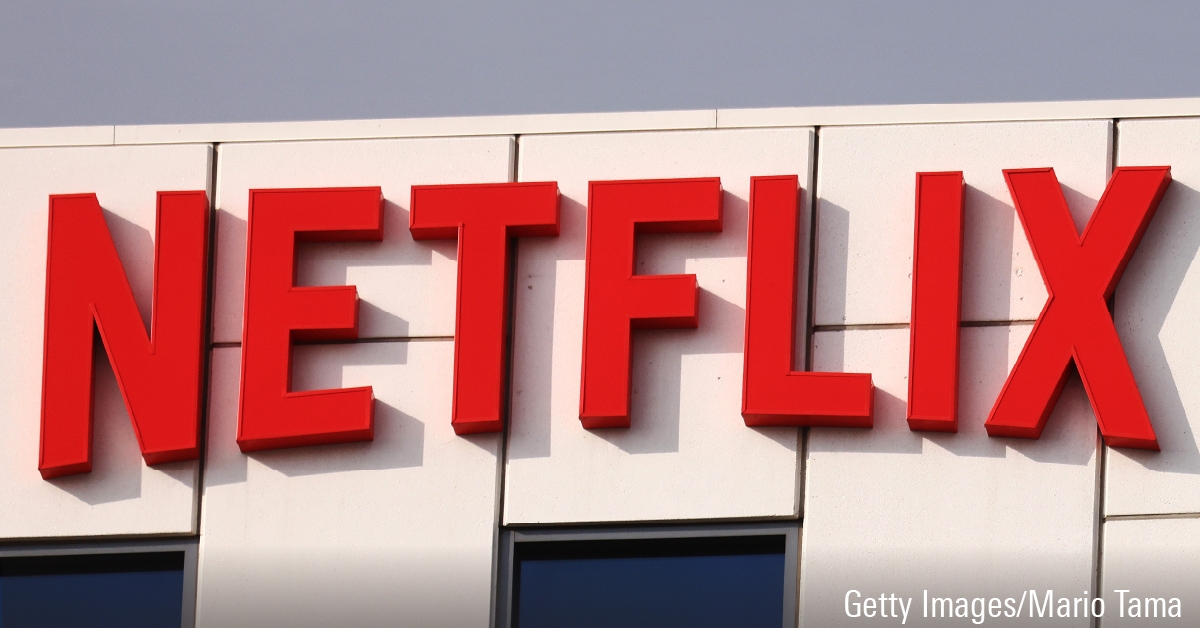Going Into Earnings, Is Netflix Stock a Buy, a Sell, or Fairly Valued?
We’ll be watching subscriber growth and details on Netflix’s ad-supported service.

Netflix NFLX is set to release its second-quarter earnings report on July 18. Here’s Morningstar’s take on what to look for in Netflix’s earnings and the outlook for its stock.
Key Morningstar Metrics for Netflix
- Fair Value Estimate: $440.00
- Morningstar Rating: 2 stars
- Morningstar Economic Moat Rating: Narrow
- Morningstar Uncertainty Rating: High
Earnings Release Date
Thursday, July 18, 2024, after the close of trading
What to Watch for in Netflix’s Q2 Earnings
- We’re most interested in details on Netflix’s ad-supported service, especially regarding how the firm is coming along in monetizing it, as well as an update on the size of the ad-supported user base.
- Generally, we’ll be looking to see if subscriber growth is slowing substantially after Netflix passed the tailwind from its password-sharing crackdown, and whether it will stop regularly disclosing this metric in 2025.
- We will also be interested in international sales and subscriber growth. This will be a key driver for the company when/if domestic growth slows.
- As usual, we’ll want to know if the company’s impressive profitability is staying strong.
Netflix Stock Price
Fair Value Estimate for Netflix
With its 2-star rating, we believe Netflix’s stock is overvalued compared with our long-term fair value estimate of $440, which implies a multiple of 24 times our 2024 earnings per share forecast. We project high-single-digit average annual revenue growth over our five-year forecast, and we believe there’s room for margin expansion, as international markets mature and benefit from greater scale.
Read more about Netflix’s fair value estimate.
Netflix Stock vs. Morningstar Fair Value Estimate
Economic Moat Rating
We assign Netflix a narrow moat based on intangible assets and a network effect. Two advantages set the firm apart from its peers. First, it has no legacy assets that are losing value as society transitions to new ways of consuming entertainment at home, letting it put its full effort behind its core streaming offering.
Second, Netflix pioneered its industry, providing a big head start in accumulating subscribers and moving past the huge initial cash burn needed to build a successful streaming service. This subscriber base was critical in creating a virtuous cycle that we doubt can be breached by more than a small number of competitors.
Ultimately, having a successful streaming service is all about offering customers a continuing depth of appealing content at a price point consumers deem reasonable. The industry is not necessarily a zero-sum game, as customers can always add incremental subscriptions. But consumer budgets are finite, so practically speaking, we expect only a handful of streaming services to consistently hold large customer bases, which we think will be necessary to continue funding content investments.
Read more about Netflix’s economic moat.
Financial Strength
Netflix is in good financial shape. It ended 2023 with a net debt/EBITDA ratio under 1.0, holding about $7 billion in cash and $14.5 billion in total debt. More importantly, we believe the years of cash burn are behind the firm. Even after funding all content costs, including spending that was delayed in 2023 due to the actor and writer strikes, we expect over $6 billion in free cash flow in 2024. We believe free cash flow will grow each year throughout our forecast.
Read more about Netflix’s financial strength.
Risk and Uncertainty
Our Uncertainty Rating for Netflix is High, largely based on the evolving streaming media landscape and the additional competition the company now faces. In our view, Netflix’s tremendous success is due largely to it being a first mover in the streaming industry and successfully adapting its business model while peers largely focused on their legacy businesses.
Now, nearly every major media company is promoting a stand-alone streaming service. Netflix is more focused on profitability and cash generation than it was in its infancy, meaning prices have risen substantially for consumers over the past several years. Customers now have other choices for streaming subscriptions and the price they pay for Netflix is no longer an afterthought, creating uncertainty around the firm’s ability to attract and retain users.
Read more about Netflix’s risk and uncertainty.
NFLX Bulls Say
- Netflix has created many hit shows exclusively available on its platform that have attracted a massive customer base. The firm’s advantage in cash generation means this virtuous cycle will likely continue.
- Advertising-supported subscriptions will open Netflix to a new base of subscribers and a potentially substantial new source of revenue.
- Netflix has significant room to grow in international markets, where it has already shown promise with local content.
NFLX Bears Say
- Netflix is beginning to face competition that it has not had to deal with in the past. As consumers have more options for quality streaming services, it’s more likely that the platform could get cut out of some consumer budgets.
- Netflix’s US business is mature, with a high penetration of total households, meaning price increases need to be the main source of growth, and consumers may not accept higher prices.
- Creating attractive content is always a gamble. The allure of Netflix’s service will always be tenuous, dependent on continually producing hits.
This article was compiled by Leona Murray.
The author or authors do not own shares in any securities mentioned in this article. Find out about Morningstar’s editorial policies.

/s3.amazonaws.com/arc-authors/morningstar/83fcd1d4-0576-422a-a260-91e1689417ed.jpg)
/cloudfront-us-east-1.images.arcpublishing.com/morningstar/KPHQX3TJC5FC7OEC653JZXLIVY.jpg)
/cloudfront-us-east-1.images.arcpublishing.com/morningstar/KFWIBRDMEZEAXJKNN2NO5JCV2Y.jpg)
/cloudfront-us-east-1.images.arcpublishing.com/morningstar/6BQY5F5YSRGJLBWMLP2IWNPBPU.jpg)
:quality(80)/s3.amazonaws.com/arc-authors/morningstar/83fcd1d4-0576-422a-a260-91e1689417ed.jpg)